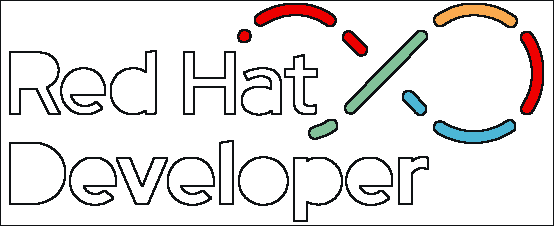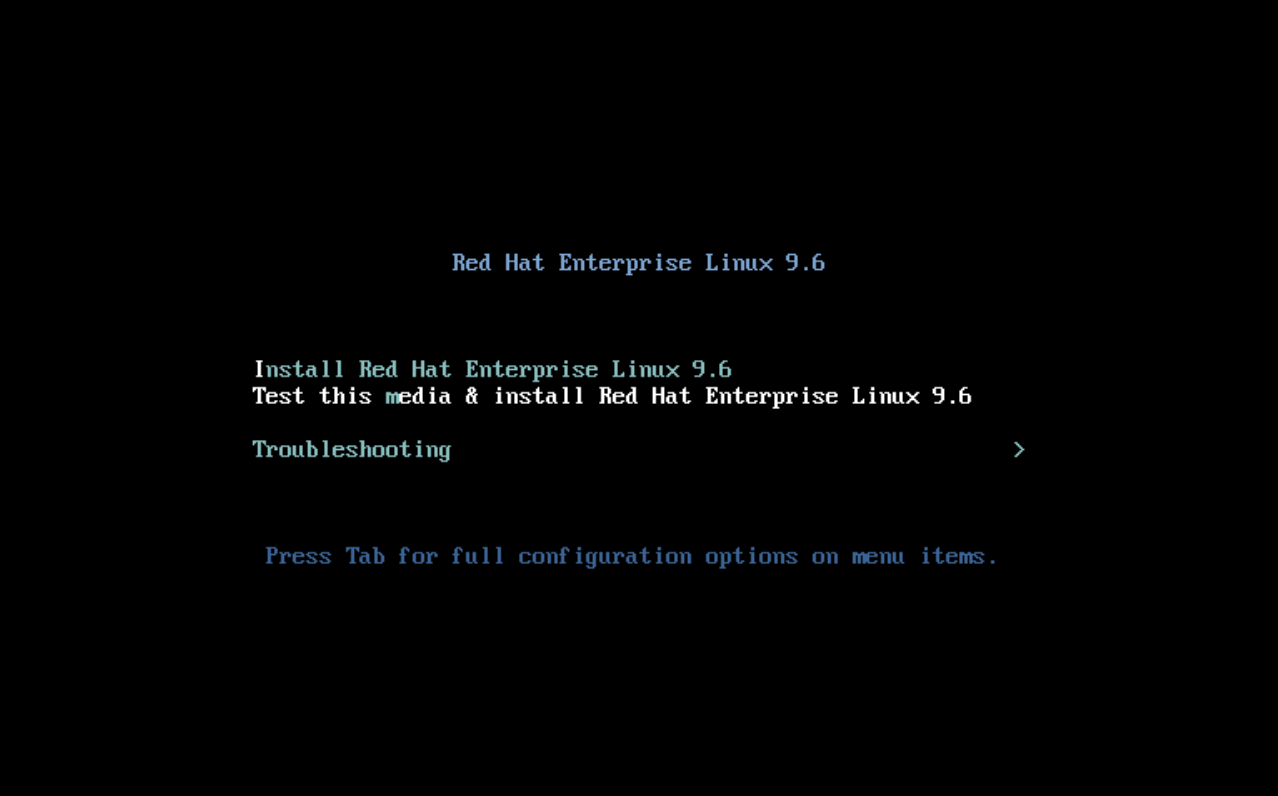Purchase your own computer

What kind of computer should I buy?
Whether you want a laptop or a desktop computer is up to you.
You can be an effective computer programmer whether you have a laptop or a desktop computer. The difference is the price of the hardware. Laptop hardware is generally more expensive than desktop hardware. A motherboard for a laptop with similar specifications will be more expensive on a laptop.
Unless you put your desktop on a roller desk like I do, a desktop is not very portable. Even so, a desktop does not easily travel with you on business trips. So I would recommend having a laptop before purchasing a desktop.
What is the right system architecture for open source development?
Purchase a computer with the x86_64 system architecture.
There are many system architectures, like Raspberry Pi's ARM 64 architecture. IBM Z has a different system architecture. The preferred system architecture for Linux software development is x86_64. This is because because most Linux applications and container images are meant to run on the x86_64 architecture. It's also the same system architecture that Microsoft Windows computers use. This makes Linux compatible computers widely available.
Where should I purchase my computer?
Purchase a computer from a local computer shop.
If you purchase a computer from an online store, you would have to ship your computer to them for any hardware upgrades or hardware failures. In my opinion, it's best to find a local computer shop to purchase your computer. You will be able to get local support for your computer for upgrades and failures. You can also talk to them face-to-face about the options that are available, and avoid any backorders. You can pick out the other devices you need to connect to your computer.
What kind of specs should my computer have?
Recommended laptop specs
If you are purchasing a laptop, I would suggest the following specs:
- At least 32 GiB RAM. My Red Hat work laptop has 32 GiB RAM, and it's enough to run OpenShift Local with the microshift preset. This allows me to run enough containers for application development for my data-driven websites like AI Telemetry.
- At least 8 CPUs. My Red Hat work laptop has 8 CPUs, and it's enough to run OpenShift Local with the microshift preset. This allows me to run enough containers for application development for my data-driven websites like AI Telemetry.
- At least 1 TiB solid state drive (SSD) storage. 1 TiB is enough storage for most developer's applications and documents.
Recommended desktop specs
If you are purchasing a desktop, I would make it a really nice one, with enough resources to run the full OpenShift Local Console, which requires a lot more resources than OpenShift Local with the microshift preset.
- An Intel I9 motherboard. The Intel I9 has a high CPU and memory capacity for tons of cloud computing on one computer.
- 128 to 192 GiB RAM. With an Intel I9 motherboard you can add up to 192 GiB RAM, which is a ton of useful RAM for cloud computing. You may not be used to using that much RAM with your applications, but you will find it useful. This allows me to run more than enough containers for application development for my data-driven websites like AI Telemetry and Smart Aquaculture.
- 16 to 32 CPUs. With an Intel I9 motherboard you will have 32 CPUs, which is a ton of compute for cloud computing. This allows me to run enough containers for application development for my data-driven websites like AI Telemetry and Smart Aquaculture.
- At least 2 TiB solid state drive (SSD) storage. If you are like me, you have a lot of digital photos and videos accumulated after too many years of owning a smartphone. Applications, Linux software packages, containers and container images also take up a lot of space. You also want to make sure you configure the same amount of swap space as you have RAM.
What other devices should I purchase for my computer?
Laptop accessories
If you are purchasing a laptop, you may not need a lot of accessories. I can tell you what I prefer in a laptop. I like to have a laptop with WIFI and an Ethernet port for more reliable streaming for online meetings. I like to have a mouse, rather than using the touchpad.
Desktop accessories
If you are purchasing a desktop, there are a few more accessories.
- Be sure to buy a mouse.
- Be sure to buy a keyboard.
- Be sure to buy a webcam.
- Be sure to buy a monitor. There are many types of monitors, but the quality and price is up to you. Make sure that the monitor has the right type of connection as your motherboard or GPU.
-
Be sure to buy a Universal Power Supply (UPS) with battery backup.
The reason for a battery backup is every city has periods of blackout or brownout. These periods of low power can be devistating to computer hardware. I've watched a brownout where power was surging at my house, and flickering my computer on and off. This ended up messing up even my Linux operating system to where it couldn't be recovered. The hardware was somehow not damaged, but I had to reinstall the operating system.
- You should definitely have an Ethernet port for more reliable streaming for online meetings.
- A WIFI card is very optional depending on your Internet setup at home.
- A Graphical Processing Unit (GPU) is optional, but can be used for AI applications and gaming.
Don't forget to share this page!
Related Article

